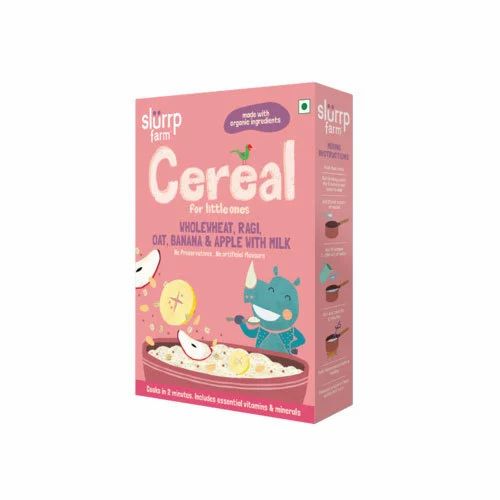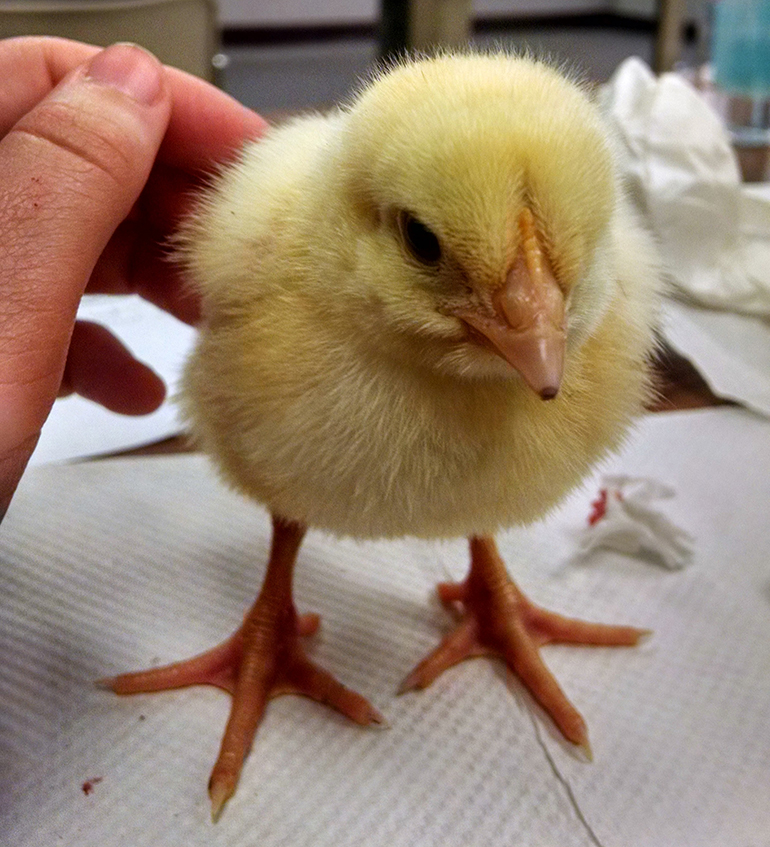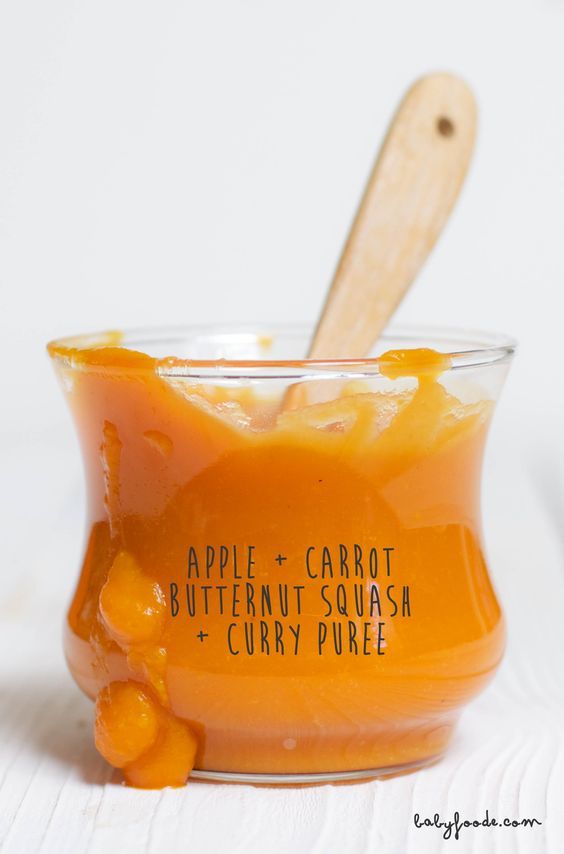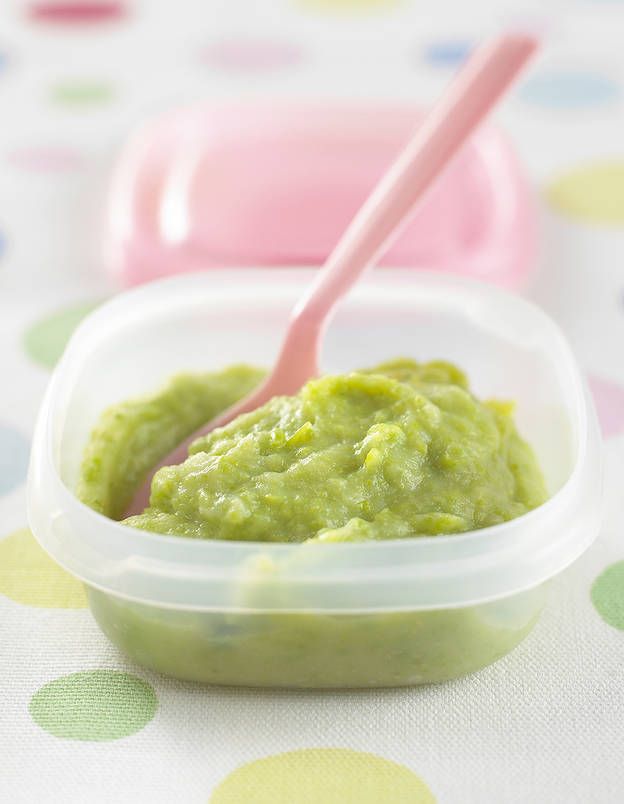Benefits of organic baby food
7 Reasons why Organic Baby Food is Better for Your Baby
Table of Contents
Last Updated on March 8, 2022
Is your baby old enough to start a solid food diet, or are you planning to go organic? As a parent, it can be challenging to find the best options. Organic baby cereal imparts several benefits to your infant.
Scores of people are switching from conventional meals to organic-based foods. As proof, the organic baby food sector has the potential to grow from $53.31 billion in 2015 to around $76 billion by 2021. Here is why you should try natural baby sprouted grains:
Nutritive value
The ingredients include dried sprouted grains packed with enzymes, expressed nutrients, and other supplements. The organic cereal offers your baby with the sustenance for an active life. Babies who take organic products are less prone to some conditions, such as wheezing and eczema.
It is essential to pay attention to nutrition labels when buying baby food. Check if the product is from a certified organic grower.
Reduced exposure to chemicals
People prefer organic products because they contain less or no chemicals, such as pesticides, fungicides, or herbicides. Pesticides and toxins can have significant effects on babies, affecting the growth rate, brain development, and overall health.
Organic baby cereal may be linked directly to better mental and physical health. Fewer toxins and chemicals lower the risks of attention deficit disorder and other brain-related issues.
Organic cereal tastes better
Apart from having more vitamins, live enzymes, probiotics, and minerals for a healthier diet, organic baby cereal tastes better. If you are introducing your child to solids, let him enjoy his first experience.
Eco-friendly options
Organic baby foods are advantageous in terms of evading harmful agricultural practices. They help you invest in sustainable farming. Conventional food growers spray their plants with chemicals such as pesticides, herbicides, and so on.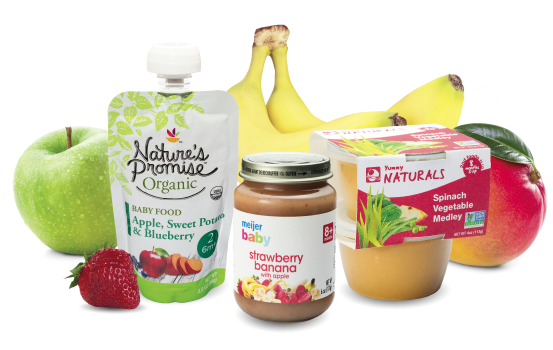
A portion of the chemicals remains on the plant while the rest will wash off when it rains. Eventually, the substances infiltrate groundwater, causing more problems.
About 40% of the earth’s covering is farmland. Apart from offering food, the land also serves as a habitat for a broad range of animal and plant species. Harmful agricultural practices lead to soil degradation; as a result, affecting the species.
No genetically modified organisms
Organic products do not contain different genes from the DNA of other species. In the USA, about 90% of conventional corn is genetically modified.
No antibiotics
Most people’s perception concerning antibiotics is that the doctor should prescribe the drug to clear a bacterial infection. However, in the USA, most conventional foods contain antibiotics, especially dairy products.
Antibiotic overuse is the leading cause of resistant strains of bacteria. In the USA, at least 2 million individuals contract antibiotic-resistant infections every year.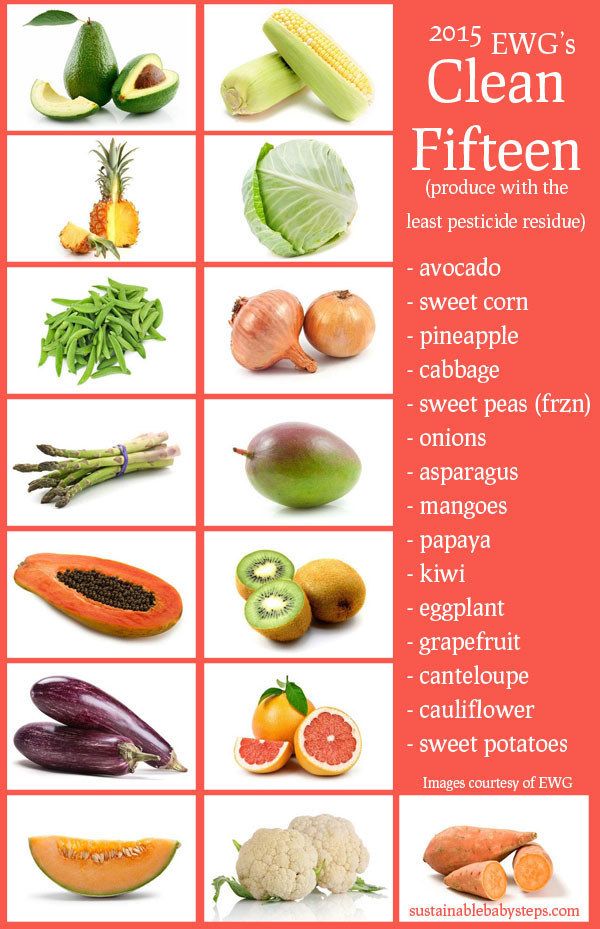 Unfortunately, about 23,000 of these people die from such diseases.
Unfortunately, about 23,000 of these people die from such diseases.
Young children, the elderly, and immune-compromised individuals are more susceptible. Organic baby cereal safeguards your baby’s health.
Absence of additional hormones
In addition to antibiotics and foreign genes, conventional foods contain added hormones. Such hormones include growth hormones. Growth hormones and others have been associated with diseases like cancer.
According to most researchers, nutritionists, and doctors, organic food is safer than conventional food. Organic baby cereal is more nutritious, reduces babies’ exposure to chemicals and antibiotics, hence providing healthy options. Production approaches to organic food are also better for the ecosystem because organic farming improves soil fertility.
Tags: 100 organic baby food aap organic food advantages and disadvantages of store bought baby food all natural baby food all natural baby food products baby food article baby food brands baby food brands best baby food brands to avoid baby food definition baby food grocery store baby food healthy options baby food no preservatives baby food products brands baby food recipes for cold baby food stores baby food supermarket baby food usa brands baby food with no preservatives baby health food products be organic beechnut vs earth's best baby food benefits of eating baby food benefits of organic baby food benefits of organic food for children benefits of organic milk for toddlers best all natural baby food best baby food best baby food brand best baby food brand for 4 month old best baby food brand for 5 month old best baby food brand stage 1 best baby food brand to start with best baby food brands 2019 best baby food brands in usa best baby food brands usa best baby food in usa best baby food snacks best baby food stage 1 best baby puree best baby puree brands best baby solid food brand best commercial baby food best jarred baby food best natural baby food brands best organic baby cereal canada best organic baby food best organic baby food 2015 best organic baby food brands best organic baby food meat best organic baby food stage 1 best organic baby food uk best organic non gmo baby food best place to buy organic baby food best premade baby food best pureed baby food best rated organic baby food best ready made baby food best ready made baby food uk best solid food brand for babies best stage 1 organic baby food best stage one baby food best store bought baby food better baby food book better ingles bottled baby food buy organic baby food online can babies eat cold baby food cheapest place to buy organic baby food cold baby food recipes cold pressed baby food commercial baby food compare baby food brands discount organic baby food earth's best baby food flavors earth's best baby food reviews earth's best baby food where to buy earth's best finger foods earth's best organic first baby food earth's best vs happy baby food earth's organic baby food feeding baby organic food forbaby fruit puree brands gei in baby food gerber organic baby food ingredients gerber organic baby food stage 1 good baby food good baby food brands happy baby organic food review happy baby organic reviews happy naturals baby food reviews healthiest baby food healthiest baby food brands how to make cold pressed baby food is baby food good for babies is baby food healthy is bottled baby food healthy is jar baby food healthy is organic baby food better is organic baby food better than regular is organic baby food healthy is organic baby food worth it jarred baby food brands just organic baby food matter baby definition mayo clinic organic natural baby food natural baby food products nature's best baby food non organic baby food only organic baby food organic baby first food organic baby food organic baby food brands organic baby food flavors organic baby food manufacturers usa organic baby food online organic baby food shop organic baby food snacks organic baby food store organic baby food vs non organic organic baby food vs regular organic baby food vs regular baby food organic baby meat organic baby medicine organic baby solid food organic cold pressed baby food organic food for 6 month old baby organic food for children organic food for kids organic infant organic infant food organic meat baby food organic meat for baby organic natural and regular baby food organic natural baby food organic non gmo baby food organic parenting magazine organic products for children organic pureed baby food organic rice cereal vs regular organic section organic toddler food brands organic vs non organic baby food organics brand baby food organics magazine premade baby food pros and cons of homemade baby food pros and cons of rice cereal pure baby food puree brands purity baby food purity organic baby food ready made baby food sustainable baby food the best baby food brand the best organic baby food brands the organic baby top baby food brands what is cold pressed baby food what is organic food kids what is the best organic baby foodIs Organic Baby Food Healthier for Babies?
Keywords
Holly Daniels Nelson
So, you’re a new parent and up until now, your baby has been content with either breast milk or formula.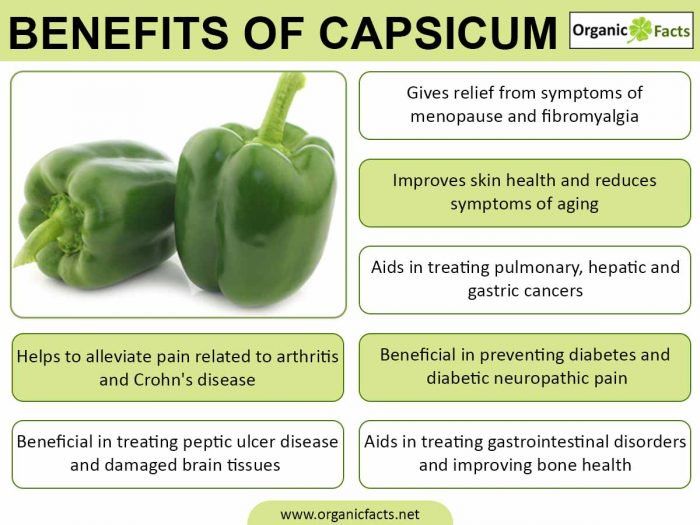 But now, your baby is showing an interest in the food on your plate. Once you’ve determined your baby is developmentally ready for solids (she can sit without support, doesn’t automatically push solids out of her mouth, is willing and able to chew, and is interested in food ) how do you know where to start? Since junior has far fewer teeth than you do, you begin with food that’s easier to swallow.
But now, your baby is showing an interest in the food on your plate. Once you’ve determined your baby is developmentally ready for solids (she can sit without support, doesn’t automatically push solids out of her mouth, is willing and able to chew, and is interested in food ) how do you know where to start? Since junior has far fewer teeth than you do, you begin with food that’s easier to swallow.
The baby food aisle at the grocery store is filled with an overwhelming number of options. Do you start with cereal or vegetables? Which is better for your baby: organic, conventional, or homemade baby food? To find out, I asked Amelia McBride, MS, CD, a pediatric dietitian at Intermountain Riverton Hospital in Riverton, UT, who works in Primary Children’s outpatient services.
What type of food should you feed your baby first?
As a dietitian, Amelia encourages babies to start with vegetables and then add fruits, so they learn to like vegetables, since fruits taste sweeter.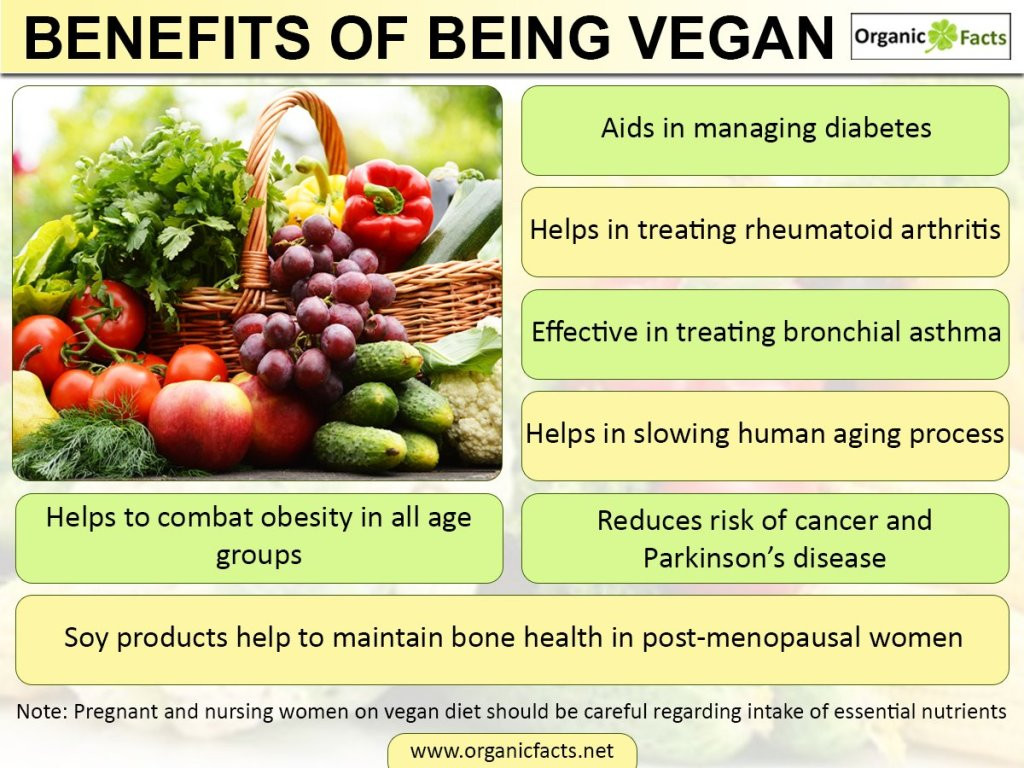 “Cereal is thought to be the gold standard for introducing solids, but there’s no indication it’s better or worse than starting with other pureed foods,” says Amelia. “If you want to start with cereal, I’d recommend oatmeal, due to recent reports of high arsenic levels in rice cereal.”
“Cereal is thought to be the gold standard for introducing solids, but there’s no indication it’s better or worse than starting with other pureed foods,” says Amelia. “If you want to start with cereal, I’d recommend oatmeal, due to recent reports of high arsenic levels in rice cereal.”
Which is better for your baby: organic, conventional, or homemade baby food?
“There are pros and cons to all three types of food, but from a nutrition standpoint, organic options aren’t any more nutritious, and cost can be a barrier for some families,” says Amelia.
A Stanford University study found organic baby food may have a lower risk of pesticide contamination, but conventional baby food rarely exceeds pesticide limits set by the EPA.
“If organic production methods are important to you from an environmental standpoint, you may feel organic is worth the extra cost,” she adds. Knowing the pros and cons of organic, conventional, and homemade baby food can help you decide what to feed your baby based on your budget, lifestyle, and time constraints.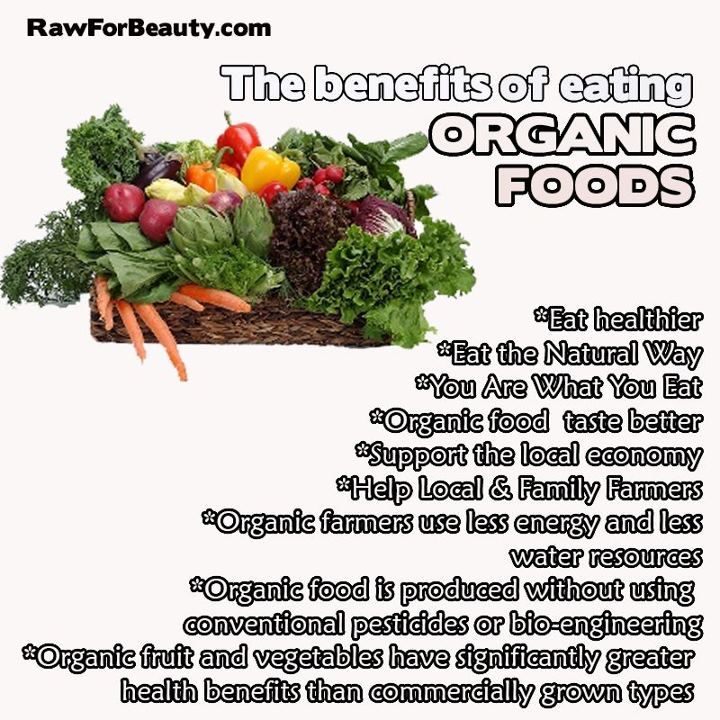
Pros and cons of commercial baby food
Pros
- Convenient, ready to use
- Doesn’t need to be prepared or refrigerated until after it’s opened
- Longer shelf life
- Met safety requirements in the preparation process
Cons
- Limited to what’s available
Are pouches or jars better?
“Pouches are convenient for just putting a small amount on the spoon, so usually there’s less waste and less mess,” says Amelia. They’re less likely to spill or break, but may cost more. “The biggest drawback is that pouches don’t help your child develop as many motor skills as using a spoon. They’re great for on the go, just don’t use them all the time,” she adds.
Jars are economical but can spill or break. They’re good to use at home when you can put food in a dish so your child can learn to use a spoon. “Once you’ve put a used spoon in the food, the saliva can contaminate the food, so throw away any food that has saliva in it,” Amelia says.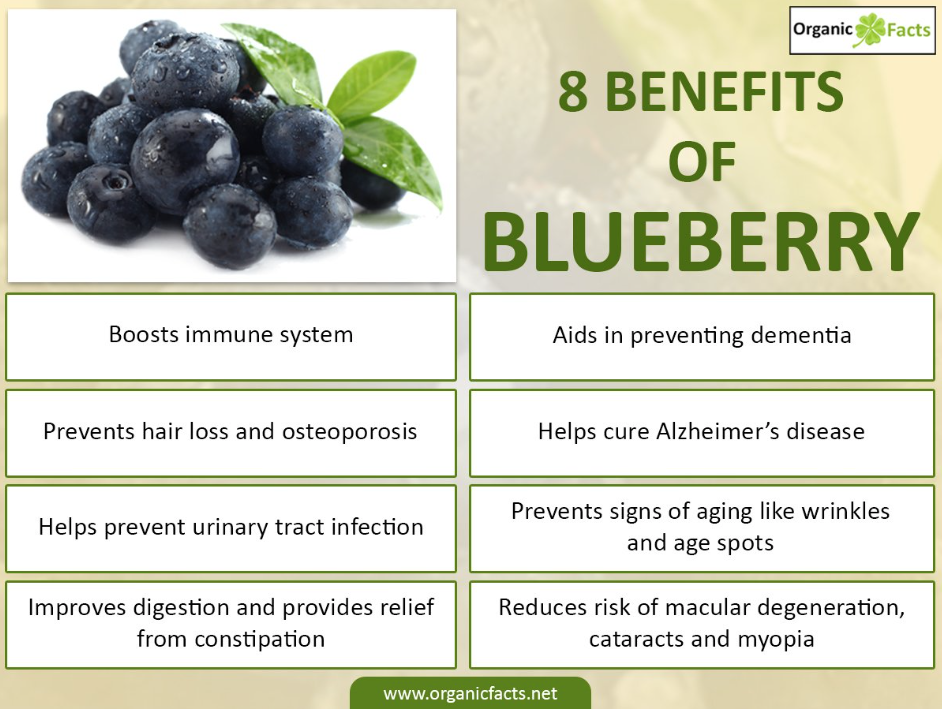
Pros and cons of non-organic commercial baby food
Pros
- Less expensive
- Wide variety
- Readily available
- Available through food assistance programs
- Food safety guidelines have been met
Cons
- Potential exposure to pesticides, but rarely exceeds pesticide limits
Pros and cons of organic commercial baby food
Pros
- Same advantages as conventional baby food
- Slightly less chance of pesticide contamination
Cons
- Limited to what’s available
- Usually more expensive
- Not available everywhere or through some food assistance programs
Pros and cons of homemade baby food
Pros
- Economical
- You can vary the texture by pureeing or mashing
- You can use what the rest of the family is eating as baby is ready for it
- You can use fresh, frozen, or canned fruits/vegetables and cooked meats
- Food that can be mashed fresh without cooking may have more nutrition than canned versions (ripe bananas, avocados, pears, etc.
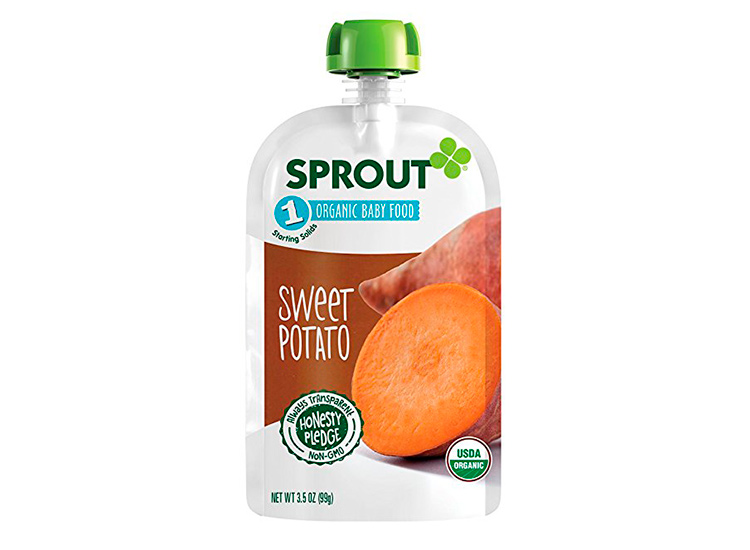 )
)
Cons
- Time commitment
- Not shelf stable. Must be refrigerated within two hours and keeps only 24-48 hours.
Babies can be at a higher risk for food-borne illness since their immune system is still developing. Be sure your baby’s food is prepared safely with these tips:
- Wash your hands before preparing the food and feeding your baby.
- Avoid cross contamination, especially when handling raw meats.
- Cook meats to recommended temperature.
- Rinse fruits and vegetables.
- Avoid sweetening or adding salt.
- Use a hand grinder, electric grinder, blender, or food processor to puree.
- You can thin food with breast milk or formula if needed.
- You can store items that contain dairy, eggs, and cooked meat in the refrigerator for up to 24 hours and fruits and vegetables for up to 48 hours. Freeze extra food in child-sized portions and thaw in the microwave when ready to use.
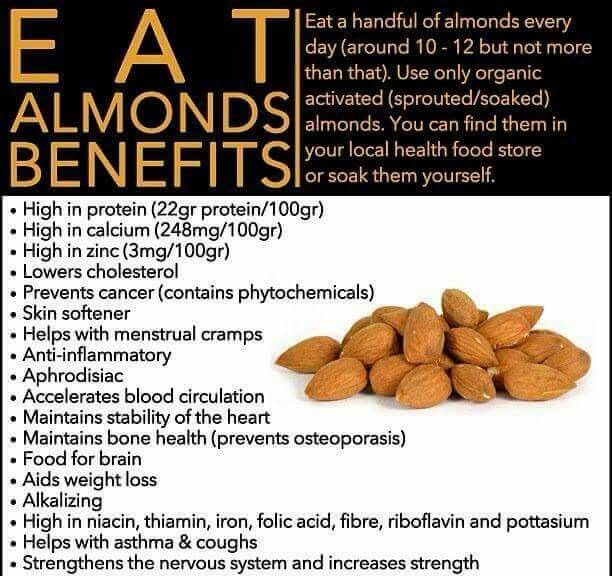
- Always test heated food to make sure it’s cooled enough to feed your baby.
- When introducing a new food, wait one to two days in between servings. If you have a family history of food allergy, talk to your pediatrician.
Making a mess while eating encourages learning
As your baby gets older, add texture and let them feed themselves. Your baby will let you know when they’re full if they turn away or spit things out. “Don’t feed your baby more than they want. Follow their feeding cues,” says Amelia. Encourage a variety of foods. Different natural colors mean different vitamins. Let them experience food through the five senses. It will be exciting, fun, and messy!
Food products to avoid until your baby is at least one year old
- Honey
- Home-canned foods
- Unpasteurized dairy products (raw milk and some soft cheeses)
- Cow’s milk
If you have specific questions about how your baby is responding to food, contact your child’s doctor, pediatrician, or an Intermountain dietitian.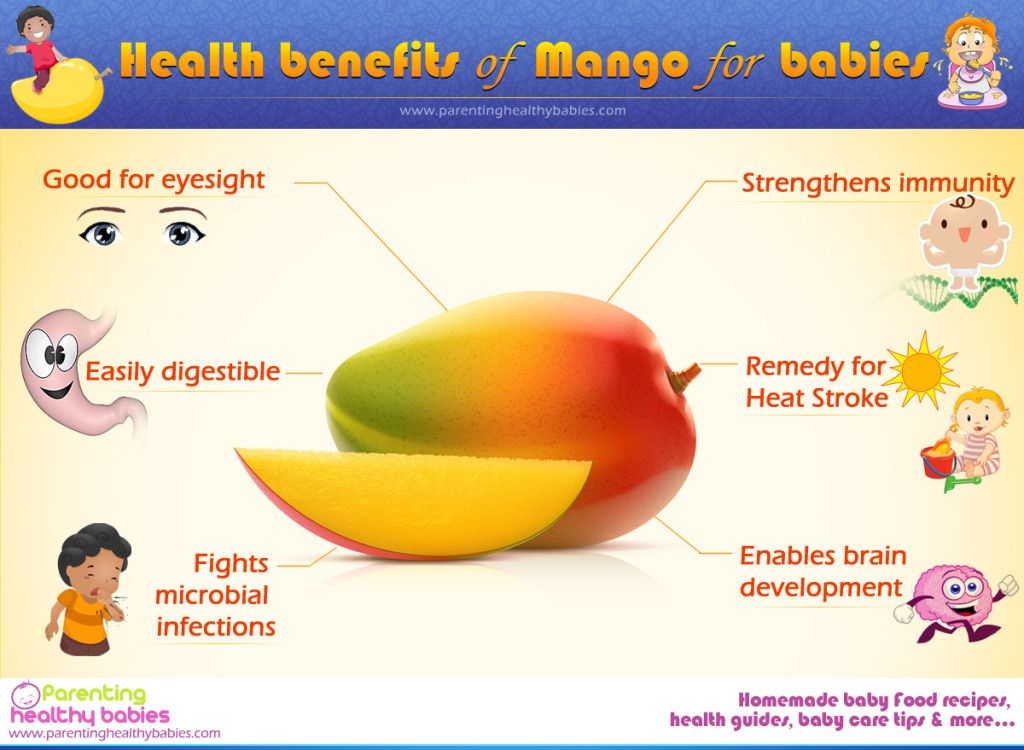
Intermountain Moms
Last Updated: 4/23/2018
-
Sports Medicine
-
Intermountain Moms
-
Intermountain Moms
-
Intermountain Moms
-
LiVe Well
-
LiVe Well
-
Pediatrics
-
LiVe Well
Copyright ©2022, Intermountain Healthcare, All rights reserved.
Benefits of organic baby food - Articles about baby food from pediatricians and MAMAKO experts
Components of food products are building blocks for all organs and tissues of the human body, so the state of health is determined by the quality, digestibility, biological and energy value of food. It creates the prerequisites for the proper development of the body and its functioning in the future.
Specialists, scientists, physicians associate the increase in the incidence of children over the past century with changes in diet. From the first years of life, a child's body is extremely susceptible to various undesirable and harmful components, such as toxins, allergens, which are often food additives of chemical origin.
The popularity of natural and organic products has exploded in the last decade as more consumers recognize their health benefits. The supply is formed by demand, therefore, food products appear on the market every year, which are characterized by a high degree of safety, attractive consumer properties, the presence of well-digestible proteins and micronutrients, minerals and vitamins that are important for the formation of a healthy body.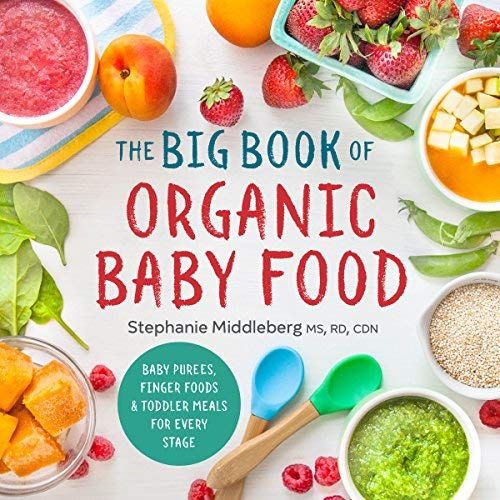
It is a balanced and healthy diet based on optimally selected food products that will provide children with full development, good physical shape and mood, and the formation of rational eating habits.
Baby food is generally characterized by high nutritional value and good taste, safety, balanced composition. But the variety of terms on the label, such as "natural", "ecological", "farm", "organic", indicating the beneficial properties of the content, often confuse consumers, and in some cases are contradictory and misleading.
What is the difference between these definitions, what do they mean, what are the characteristics of food products? What are the benefits of additional quality criteria, such as being labeled "organic"?
natural products are products that consist of natural, natural ingredients and do not contain chemical additives or impurities. At the same time, the term “natural product” can be interpreted in a completely different way, since the presence of this phrase on the package does not guarantee the absence of chemical additives in its contents: the manufacturer is not obliged to track the sources of raw materials, materials, and the technological process for preparing such products.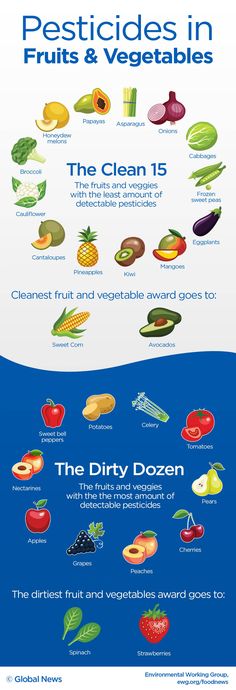
Farm products are grown and produced on privately owned farms and in most cases non-industrial. The term "farm products" has gained a lot of popularity in recent years: it began to be often placed on labels. But sometimes the use of the "farm product" status is speculative, as the packaging doesn't say how the ingredients were produced. Due to the fact that there are no legislative acts on the quality of farm products, it is possible that they can be produced using herbicides, chemical fertilizers, growth hormones, and so on.
The composition of organic products excludes the presence of additives of artificial origin, such as preservatives, dyes, flavors, flavor enhancers, as well as the use of genetically modified organisms. The raw materials used in the production of organic food are grown without the use of pesticides, herbicides, chemical fertilizers, antibiotics, hormones, growth regulators. It is believed that the consequence of compliance with such conditions is the absence of chemical additives in organic raw materials. This gives the products an improved taste, a more pronounced aroma, and ensures their complete chemical composition.
This gives the products an improved taste, a more pronounced aroma, and ensures their complete chemical composition.
The dominant difference that distinguishes organic products is the strict requirements for the quality of their ingredients, production technology, as well as the conditions under which the raw materials for their production were obtained:
- organic products are produced in environmentally friendly regions, natural conditions, away from megacities, highways, industrial areas. Ecological agriculture helps to preserve the environment and provide future generations with a healthy and comfortable life;
- only genetically modified and untreated seeds are used in the cultivation of cereals, legumes, vegetables, fruits and other organic products.
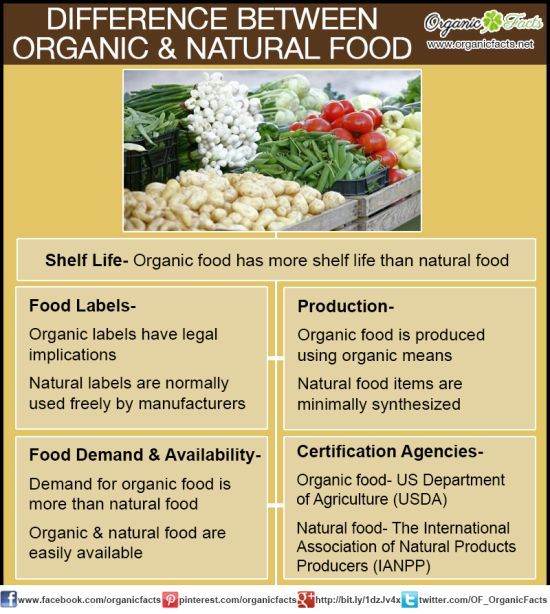 Plants grow naturally. Chemical fertilizers, herbicides, pesticides, hormones, growth stimulants are not used in organic agriculture;
Plants grow naturally. Chemical fertilizers, herbicides, pesticides, hormones, growth stimulants are not used in organic agriculture; - finished organic products do not contain flavors, dyes, emulsifiers, stabilizers, preservatives and other additives of artificial origin;
- in order to confirm the status of "organic", the food product is subjected to mandatory regulatory and systematic quality control "from grain to counter". Quality control is carried out by authorized state services - accredited certification bodies, as well as laboratories of the manufacturer itself;
A food product that has successfully passed the entire quality control cycle, and this is confirmed by certification bodies, receives the appropriate certificate, and a special “organic” mark is applied to its packaging: this distinguishes it from other products.
Therefore, a specific mark and label for organic products is used in relation to the production process and products, confirming that they have been produced and processed in an environmentally friendly way, and that all principles of organic production have been respected “from farm to consumer table”.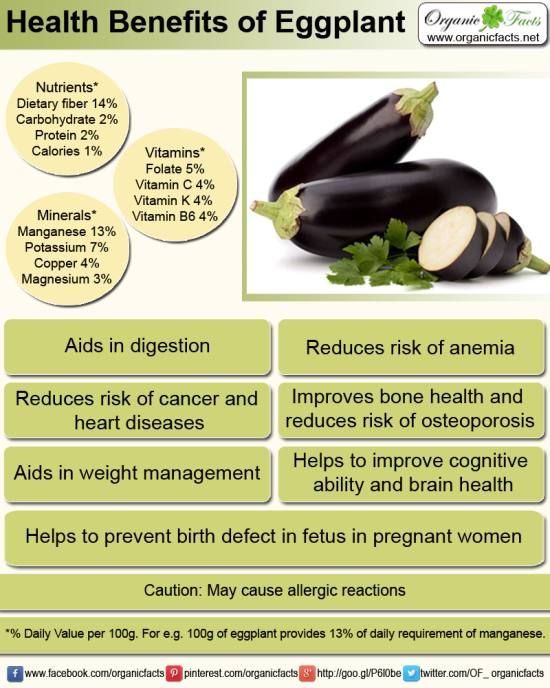 The sign and the label are elements that confirm the quality of the production process, and not just the product itself.
The sign and the label are elements that confirm the quality of the production process, and not just the product itself.
Therefore, certified organic products are products that are produced, processed, packaged in strict compliance with specifications or government standards and then certified as "organic". The definition means that the product is produced with the exception of toxic effects on the environment, does not contain agrochemicals, pesticides, in its production did not use genetically modified seeds or products, hormones, chemicals, it is free from transgenic organisms and so on.
Organic products can be obtained on your own farm, that is, by self-breeding animals, growing vegetables, fruits, grain crops, which is accompanied by soil quality control and excludes the use of chemical fertilizers, hormones to accelerate the growth of plants and animals and protect them from diseases. Compliance with all the necessary conditions is a rather complicated process.
The second way to produce organic food is to buy organic raw materials.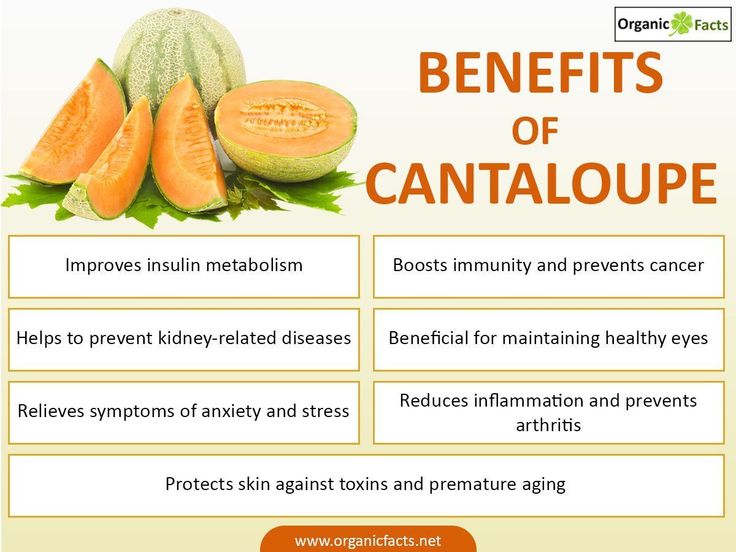
As a result of fulfilling all the listed requirements and production conditions, organic products do not contain traces of pesticides, chemical additives, mycotoxins and other things, which makes it possible to limit the impact of such substances on the body of children. Infants are more susceptible than adults to the possible negative effects of various undesirable components.
Organic products are distinguished by their taste and higher nutritional value: on average, they contain 20-50% more vitamins, minerals, and biologically active substances compared to products produced using traditional technologies.
For example, organic baby cereals have advantages over conventional ones: a more balanced amino acid composition, a higher content of vitamins and minerals than with traditional methods of growing grain crops, which means that the composition and taste of organic cereals are much better and richer . At the same time, the range of organic cereals harmoniously complements the always available conventional baby food cereals, which are characterized by excellent taste, high nutritional value and safety due to strict requirements for baby food in the world and Russia, careful selection of raw materials and materials, strict technical and chemical control of technological production process.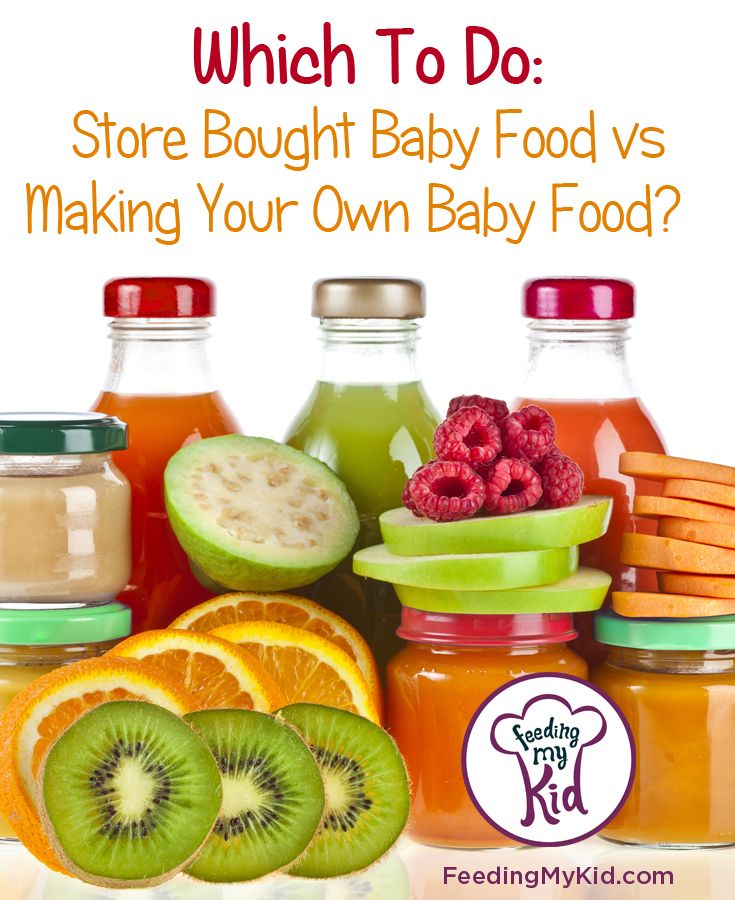
Thus, organic and traditional baby food is a unique case when “healthy” does not mean “tasteless”, and the properties “healthy” and “tasty” harmoniously combine, complement and balance each other.
* Breast milk is the best food for babies. WHO recommends exclusive breastfeeding for the first 6 months of a child's life and continued breastfeeding after complementary foods are introduced until the age of 2 years. Before introducing new products into the baby's diet, you should consult with a specialist. The material is for informational purposes and cannot replace the advice of a healthcare professional. For feeding children from birth.
Organic food for children: advantages and features of production - 1 answers
Of course, every parent, when faced with the question choice of baby food, prefers the most useful and high-quality products, rightly believing that health directly depends on these characteristics his child. However, with all the variety of baby food presented on shelves of modern stores, is it so easy to choose among it a truly useful and safe?
Natural or organic?
The question of which products we we buy and eat: where and from what raw materials were they produced? have been used in cultivation of vegetable crops fertilizers and pesticides, and when growing animal antibiotics and other drugs? It has become very valuable concept of natural product.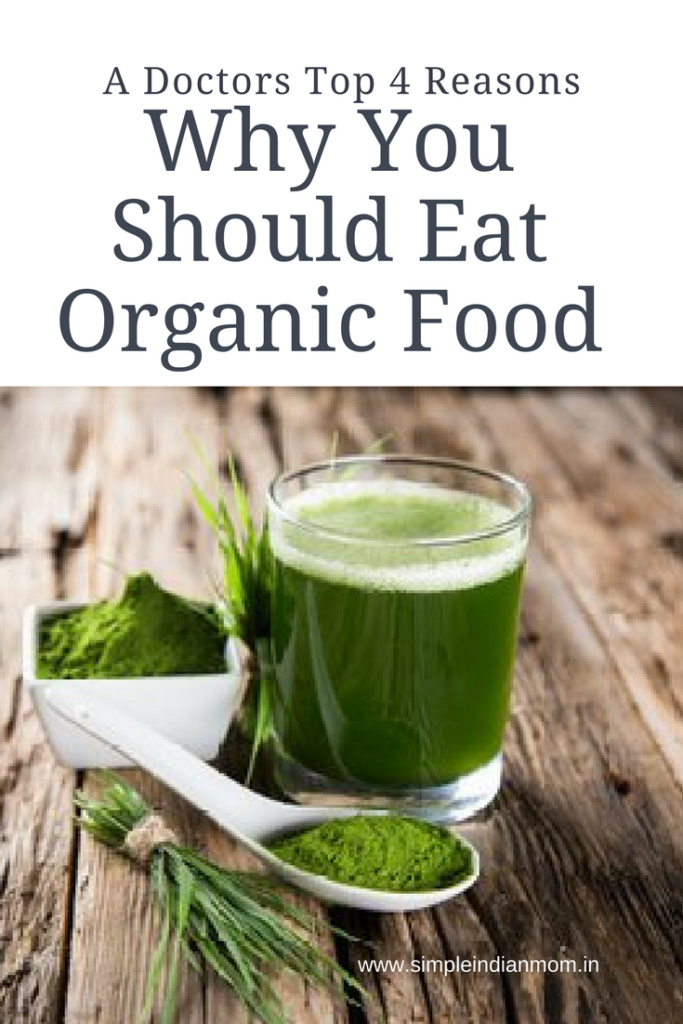
However, buyers and manufacturers often understand this term quite differently. Surely most of us, seeing the word "natural" on the label, imagine 100% vegetable or animal products placed in a package ingredients in the complete (well, or almost complete) absence of food chemistry - dyes, flavors, improvers, etc.
However, unscrupulous manufacturers use the term "natural" product" can be interpreted in a completely different way, and therefore the presence of this phrase on the package does not guarantee the absence of chemical additives in its contents. Therefore, picky buyers have found a way out for themselves, purchasing products not just natural, and organic - after all, in contrast to the term "natural product", the term "organic product" is clearly regulated.
Organic nutrition - what is this?
Perhaps the main difference between organic products and all others, are strict requirements not only for the quality of their ingredients or production technology, but also to the conditions in which raw materials for their manufacture.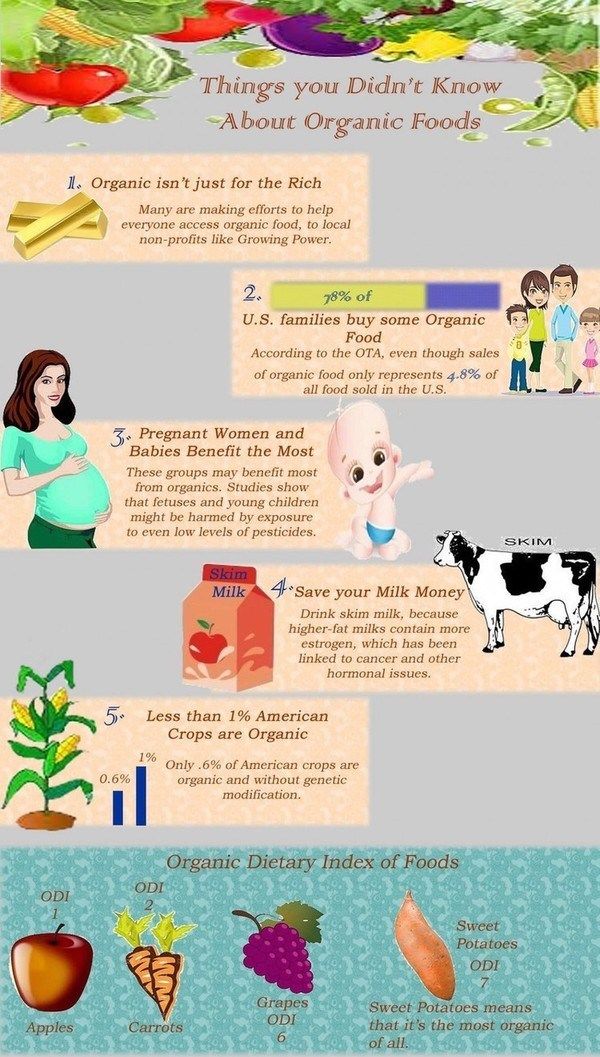 In particular:
In particular:
1. The production of raw materials for organic products must be carried out in natural conditions and in ecologically favorable regions - away from big cities, industrial zones and highways.
2. Only genetically unmodified varieties and untreated seeds. At the same time, plants grow naturally, without chemical fertilizers, pesticides, growth stimulants and protection against diseases. Ultrasound is used to control pests, mechanical traps and their natural biological enemies.
4. Animals are kept in natural conditions, receive natural feed, characteristic of this species. The use of concentrated feed, hormones, antibiotics, growth stimulants are strictly prohibited.
5. The finished product is guaranteed to be free of any artificial additives - flavors, dyes, emulsifiers, stabilizers, preservatives, etc.
6. The production of organic food has a mandatory stage-by-stage certification and is subject to mandatory quality control.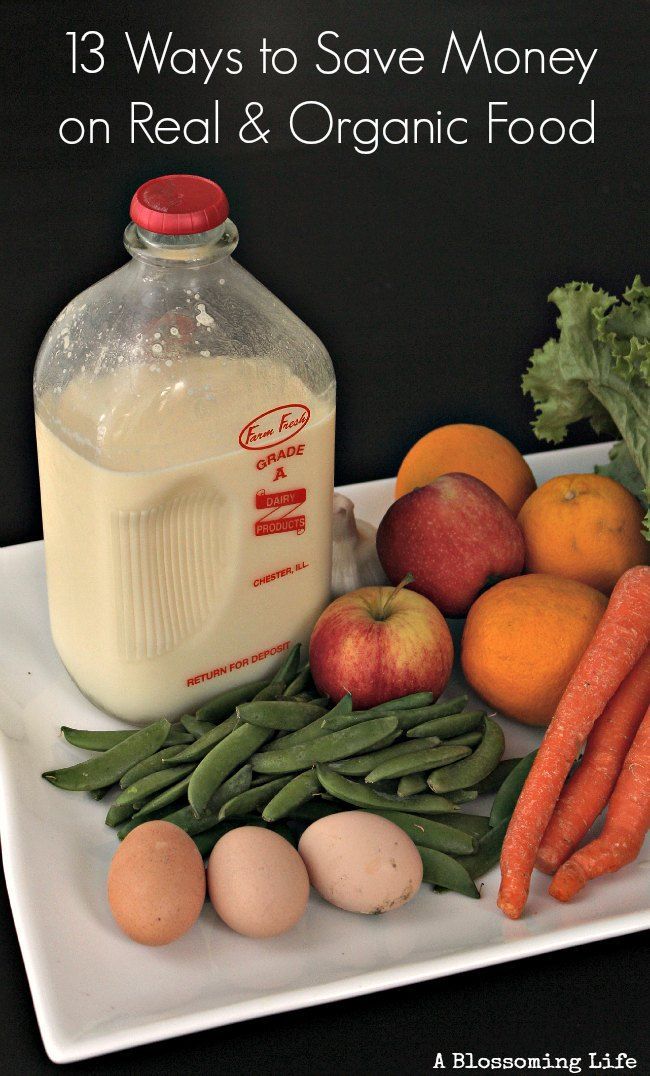
How to determine if organic or not?
passes the strictest quality control "from grain to counter" in accordance with with the European Union Organic Production and Labeling Regulations organic products. At the same time, control is carried out both by laboratories the manufacturer itself, and authorized state services.
Products that have successfully passed the entire range of checks receive a special certificate, and a special mark ORGANIC is applied to its packaging:
Why it has a large What is the importance of organic baby food?
The fact is that the body of children in the first years of life is very susceptible to various toxins and allergens, which are often specifically chemical food additives. Not without reason, scientists attribute the increase in the incidence children over the last century precisely with changes in diet and abundant including chemical components.
Obviously, since the building material for all organs and tissues of the human body is the food we consume, our health directly depends on its quality.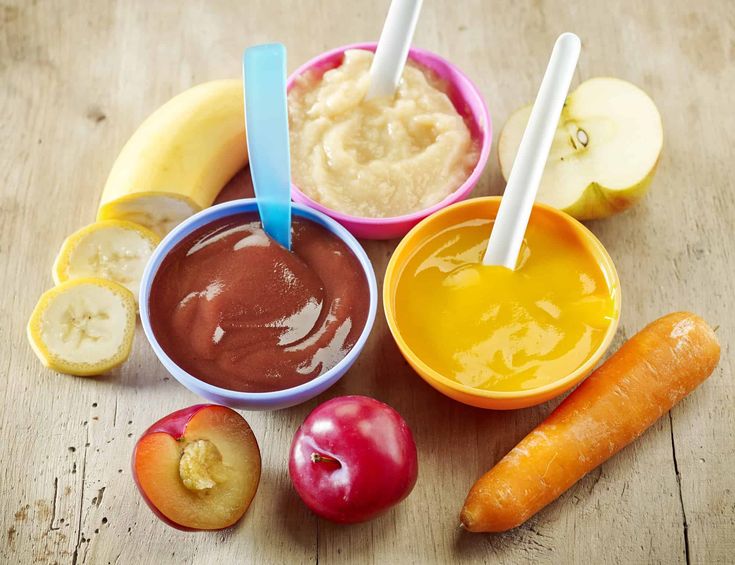 This means that eating one or the other food product, it is not only a matter of momentary saturation, but also a strong health, proper development and long-term well-being perspective.
This means that eating one or the other food product, it is not only a matter of momentary saturation, but also a strong health, proper development and long-term well-being perspective.
Where to get organic food?
There are basically two options:
1. Own a household, i.e. keep animals and to grow vegetables and fruits on their own in order to be able to control the quality of feed and soil and do not use any chemicals to accelerate the growth of plants and animals and their protection from diseases (and this is not a guarantee that the final product will be organic - it is too difficult to meet all the necessary conditions for this).
2. Buy certified organic products. Such products are rarely sold in ordinary stores and supermarkets, therefore, they are easier to find in a pharmacy or online store.
In conclusion, it remains to add that in addition to the absence harmful substances, organic products are distinguished by their taste and higher nutritional value: on average, organic products contain 50% more vitamins, minerals, nutrients and biologically active substances compared with traditional products.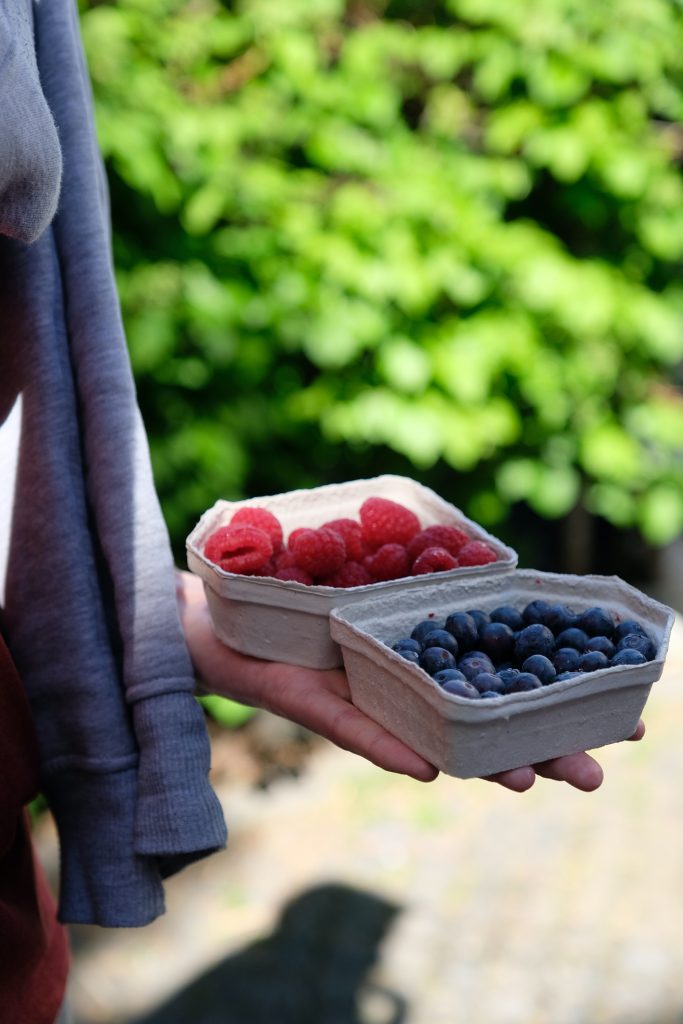 Moreover, due to features of organic agricultural production, content in fruits and vegetables, dry matter increases, and water decreases, which improves taste the quality of the organic purees produced from them.
Moreover, due to features of organic agricultural production, content in fruits and vegetables, dry matter increases, and water decreases, which improves taste the quality of the organic purees produced from them.
Compared to conventional and organic baby cereals, they also win: thanks to special production technologies, the grains from which they are made contain more amino acids, vitamins and minerals than in the crop cultivated in traditional ways, and hence the composition, and the taste of organic cereals is much better and richer. All of the above fully applies to organic canned meat, which, with a bright and balanced taste, is completely devoid of antibiotics, growth hormones and other traces of use in growing animal medicines and chemicals.
Organic juices also have their advantages: minimal the use of heat and pressure in organic production allows you to save in they contain a maximum of vitamins and minerals, thanks to which organic baby juices have a higher nutritional value and better taste compared to traditional ones.


